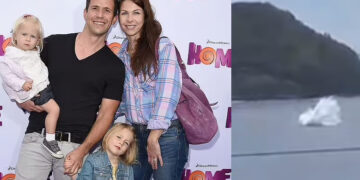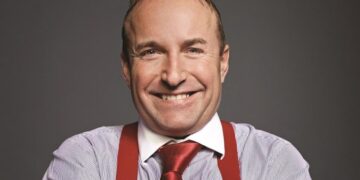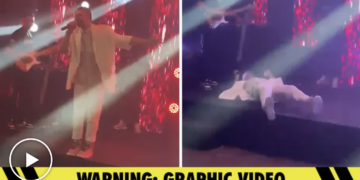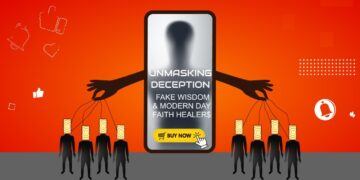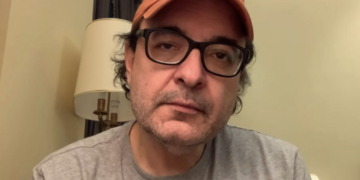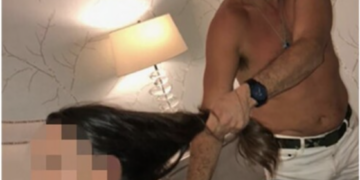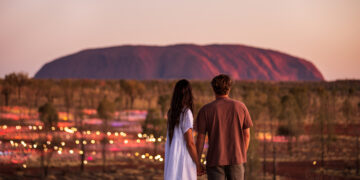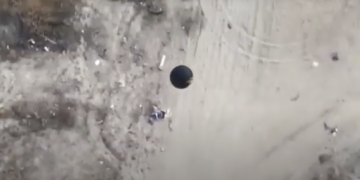they truly reflect who I was and what I was going through at that time in my life.
Playing at the West Coast Women’s Music & Cultural Festival was a pivotal moment for me. It was my first taste of performing in front of a large, diverse audience. The festival was a celebration of women’s empowerment and the liberation of our bodies and voices. I was inspired by the fearless women around me, and it fueled my desire to bring that same energy and power to my own music.
During this time, I also had the opportunity to collaborate with other talented musicians in the community. One of my most memorable collaborations was with the legendary Stevie Nicks. We shared a stage at a benefit concert, and the experience was truly magical. Her talent and presence were awe-inspiring, and I felt honored to be in her presence.
As my music career began to gain traction, I faced my fair share of challenges. Being a woman in the male-dominated music industry was not easy. I encountered skepticism, doubt, and even outright sexism. But I refused to let these obstacles hold me back. I used my music as a form of protest and resistance against the status quo. I sang about love, heartbreak, and the struggles and triumphs of being a woman in a world that often tried to silence us. My lyrics became a rallying cry for change and empowerment.
In the midst of my musical journey, I also experienced personal growth and self-discovery. Being surrounded by a supportive community of lesbian women allowed me to explore my own sexuality and identity. I learned to embrace who I truly was and to love myself unapologetically. This newfound self-acceptance and confidence translated into my music, as I fearlessly expressed my authentic self through my lyrics and performances.
As the years went by, I continued to push boundaries and challenge societal norms. I released hit albums, embarked on successful tours, and received numerous accolades for my work. But success came with its own set of struggles. The pressures of fame, the demands of the industry, and the constant scrutiny took a toll on my mental and emotional well-being. I found solace in music, using it as a form of therapy and self-expression.
But amidst all the highs and lows, the greatest tragedy struck – the loss of my son, Beckett, to opioid addiction. It was a heartbreaking blow that shattered my world. In the face of immense grief and despair, I turned to writing as a form of catharsis. The process of writing Talking To My Angels allowed me to confront my pain, process my emotions, and find healing in the midst of unimaginable loss.
Today, as I reflect on my storied career and the journey that brought me here, I am grateful for every twist and turn, every triumph and setback. My music has been the soundtrack to my life, and it has connected me to countless people around the world. Through my songs, I have shared my truth, my vulnerabilities, and my strength. And in return, I have been embraced by a loving and supportive community.
As I continue to navigate this ever-changing industry, I remain committed to staying true to myself and using my platform to uplift and empower others. Music has the power to heal, to inspire, and to ignite change, and I am blessed to have found my voice within its melodies and lyrics.
In conclusion, Melissa Etheridge’s career has been a remarkable journey of perseverance, self-discovery, and resilience. From her early days as a struggling musician in Kansas to her rise to stardom in California, she has faced and overcome numerous challenges with grace and determination. Through her music and memoir, she continues to inspire and connect with audiences, sharing her truth and her life experiences in a way that resonates deeply with others. Melissa Etheridge is not just a talented artist; she is a beacon of hope and strength for those who have faced adversity and a testament to the power of music to heal and transform lives.









